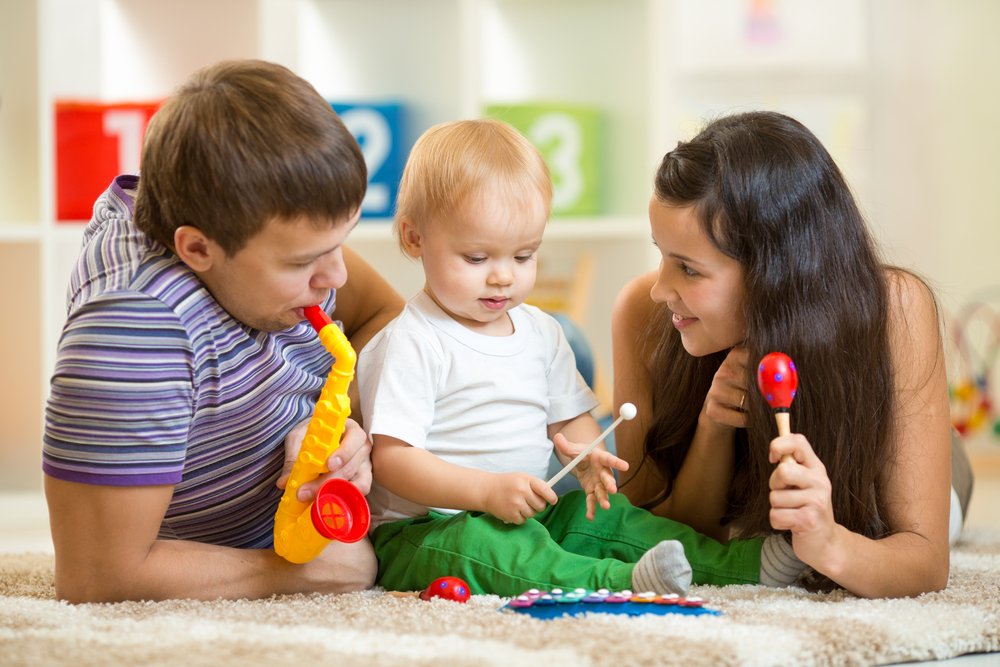Key points:
1. Music is vital for a toddler’s development, enhancing cognitive, social, and emotional skills.
2. Exposing toddlers to music helps them learn words and meanings, promoting mind-body coordination.
3. Informal music-making at home is highly beneficial, surpassing reading in enhancing cognitive and social-emotional outcomes.
4. Musical play fosters creativity, sound appreciation, and positive emotional bonds with parents.
Music has become a natural part of a toddler’s development and growth, it can kickstart learning, and has proven to offer lifelong benefits. Music boosts all areas of a child’s development and skills, such as cognitive, social and emotional, motor, language, and overall literacy. Exposing your little one to music early on helps him learn the sounds and meaning of words. In summary, music helps the mind and body work together as a team.
Learning that music is important for your baby’s development does not mean you should go and spend all your money on a Baby Einstein or Baby-Genius music collection. It does not mean either that you should enroll your 3-year-old in violin lessons. Unlocking a child’s intelligence and happiness may indeed lie partly in music, but it is as easy as making up songs with your toddler!
A new study found that regular informal music–making with your little one may even have benefits above and beyond those of reading. But there’s an important, interesting catch: for best results, shared music-making should be done at home. Which means typically that, instead of playing something for your baby, you (the parent) should get involved in the process –essentially making it a playful social experience.
A team at the University of Queensland gathered information from more than 3,000 children and investigated the associations between informal home music education of very young children and later cognitive and social-emotional outcomes. The team found that informal music-making around the ages of 2 and 3 can lead to better literacy, numeracy, social skills, and attention and emotion regulation by the age of 5.
Simple and fun musical activities can have a huge impact in developing numeracy and literacy skills. For example, you can try to improvise a counting song, or make up new rhymes to familiar tunes.
The true power of musical play lies in the unique blend of creativity, sound, and face-to-face interaction. The learning is strengthened by its basis on a positive, empathic emotional relationship. This research invites parents to focus on the element of “playing” music with toddlers, using any tools at hand.
- Learn more about the benefits of music for babies and kids at Mom Loves Best.com









